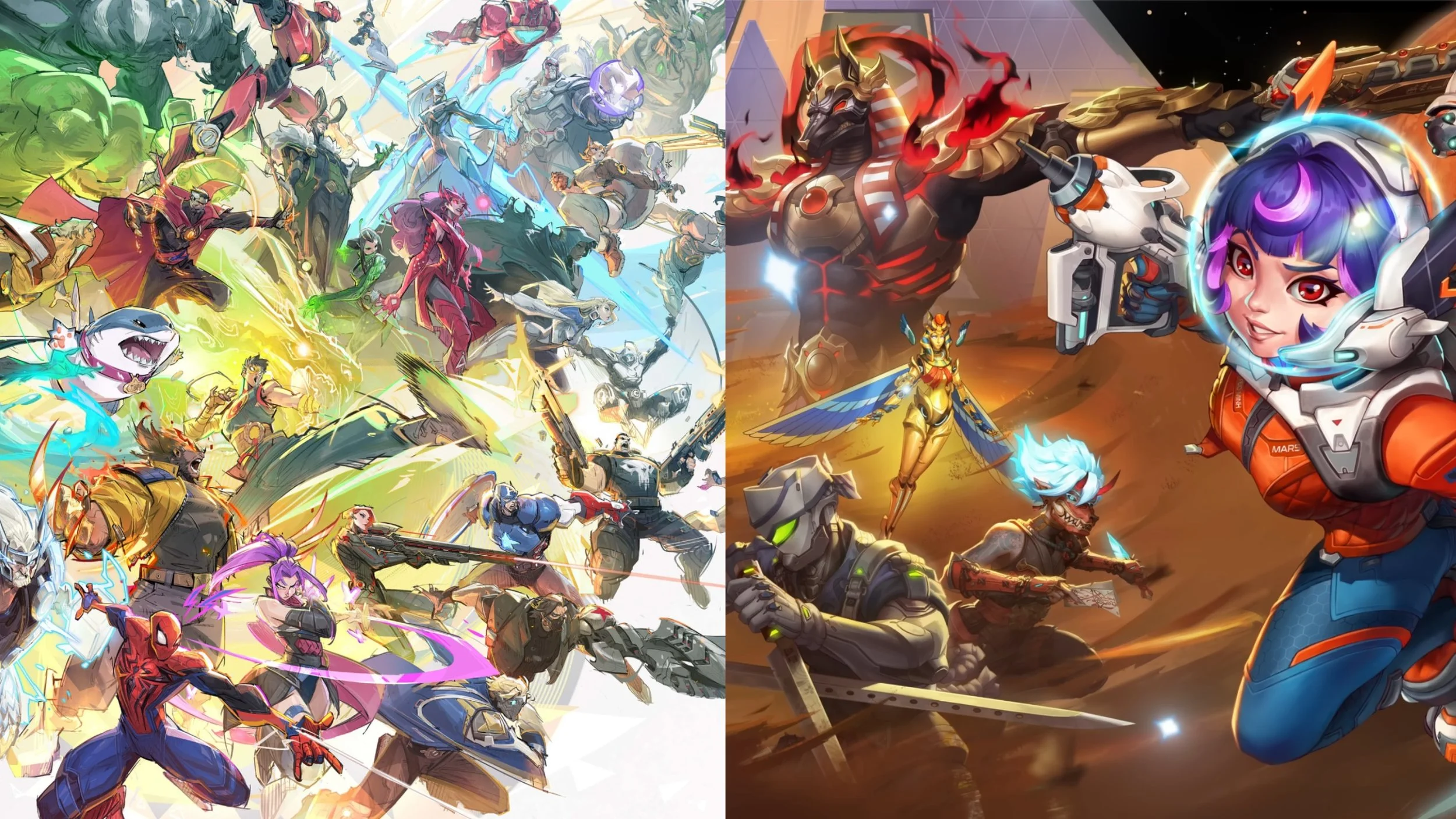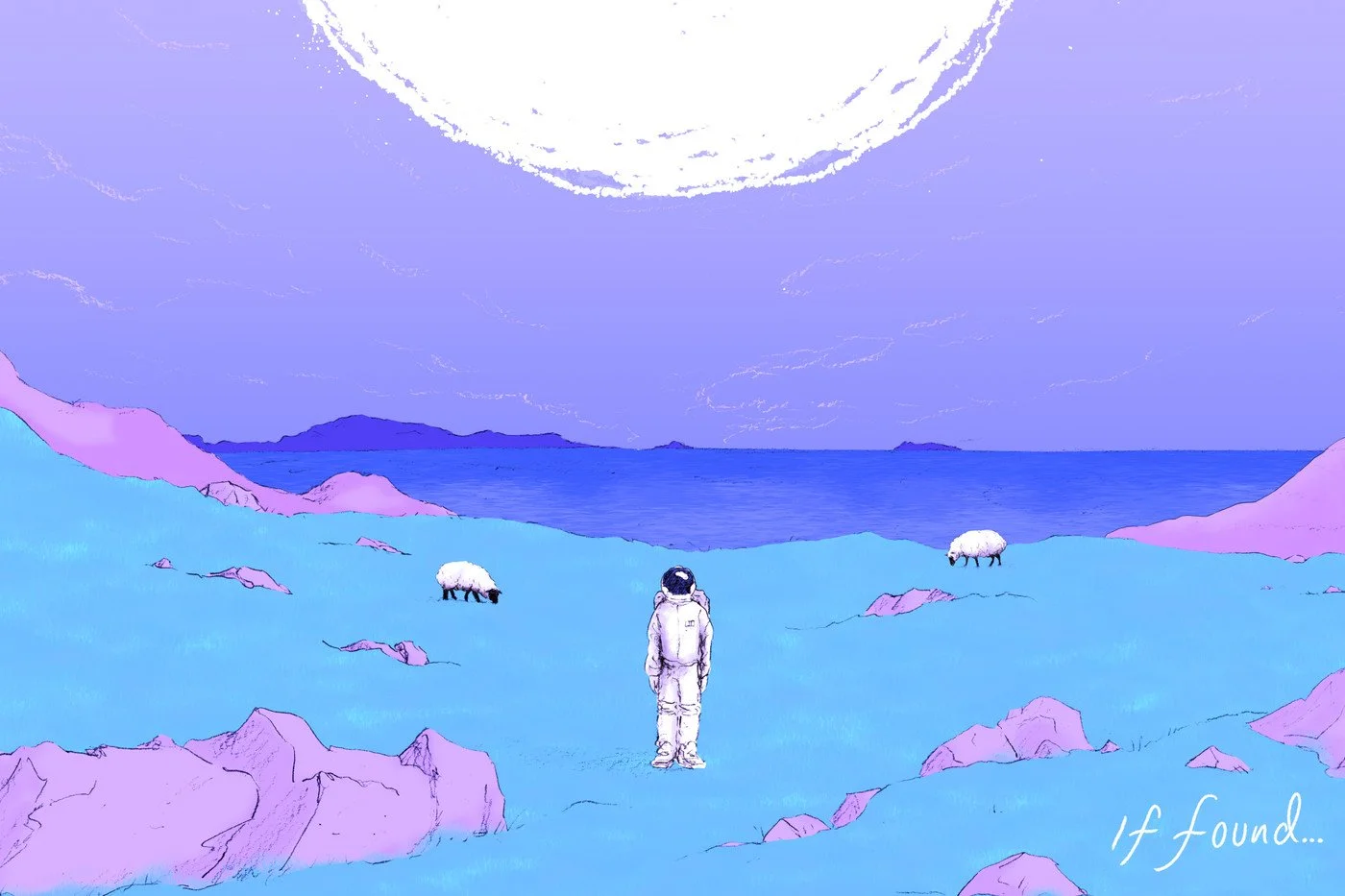Don’t Forget What Video Games Are Made For - This Year, Alyssa Mercante Lost Sight Of Why She Plays | Winter Spectacular 2024
It’s too easy to forget why video games exist, especially lately.
In 2024, it seemed like every new game release was bogged down by vitriolic debates about pronouns, jiggle physics, diversity, and other buzzwords dredged up and disseminated by those with power to keep those without it in a perpetual state of anger.
In 2024, video games were all too often referred to as products, with the most disingenuous detractors likening them to cars that break down as soon as you pull them off the lot, forgetting, crucially, that if your new copy of Stellar Blade stutters and lags when you first buy it, your Nana won’t die because you didn’t get her to the hospital in time.
In 2024, we forgot that video games are artistic modes of play, intended to instil wonder and awe in the player no matter their age, to push the limits of learning, to break the barriers of design, to renavigate narrative, to have fun. And perhaps no one forgot this more wholly and more completely than me.
I’ll spare you the details (though I’ll note no one is more weary of them than I), but being the subject of a nearly year-long harassment campaign made it very difficult for me to focus on anything else, let alone enjoy playing games. For months, I floated through my daily life in a daze, rolling out of bed for another day in the blog mines, riding the subway into Midtown Manhattan with my face buried in an ever-growing supply of hate messages, floating through the office in a fugue state, then going home to play a few mindless rounds of Overwatch 2 or Call of Duty: Black Ops 6 because I didn’t want to delve into anything that would require my full attention.
For a brief period, Roblox’s Dress to Impress dazzled me (in part because it brought me back to my teen years, long before I had to ensure I locked my apartment windows in case someone tried to break in while I was gone) and Tales of Kenzera: ZAU moved me to tears (as it once again reminded me of the chasm my late grandfather has left in my world). But they couldn’t keep me engaged for long—I would continuously return to what I call “brain off” gameplay. Run and gun, rinse and repeat.
While still at Kotaku, the ongoing pressure from up top to keep producing more with less and to chase trends that felt antithetical to the site’s purpose robbed me of any desire to write about these games, too. I stayed in this cycle of empty-headed gaming for months.
And then I left my job. Unburdened by quotas, unbothered by early-morning alarms, and spurred on by a small, but passionate community, I started streaming. People suggested games for me to play, a mix of older titles I never delved into and newer ones I had yet to even download. Alien: Isolation terrified and delighted me, Disco Elysium reminded me how much I hate capitalism and love pitch-black humour, Indiana Jones and the Great Circle let me beat fascists over the head with candlesticks while shouting in Italian, Marvel Rivals brought back the original Overwatch chaos and calamity.
I felt, for the first time in months, joy while playing games. And then I remembered: This is why they exist. Video game executives and racist rightwing talking heads may act like games are products and stake their reputation on how well they sell or how many concurrent players they have, but video games are art. They’re made to stretch the boundaries of play. They, unlike any other medium, envelop the player in an unknown world while also giving them the tools to affect change within that world. They can move you to tears, imbue you with confidence, or inspire you to step outside of your comfort zone.
Maybe this year you were enraptured by Astro Bot or frustrated by Shadow of the Erdtree. Maybe you cried during Final Fantasy 7: Rebirth or laughed along with Like a Dragon: Infinite Wealth. Maybe you found new friends in Helldivers 2, or discovered new worlds in Star Wars: Outlaws. Whatever you did in gaming this year, know that it was a radical act of play in a world determined to stamp those kinds of acts out.
In 2025, I hope we can all remember what games are made for and why we play them. Refusing to lose sight of that will help prevent bad actors from leading this industry further astray, and will bring those of us who are in this for the love of the game (teehee) closer together.
Our joy is their poison. May their cups runneth over.








![Willa Rowe Wants To Keep The Memory of NieR Re[in]carnation Alive | Winter Spectacular 2024](https://images.squarespace-cdn.com/content/v1/5caf2dea93a63238c9069ba4/1734970908559-A1PSHH0BFXZPPTRU2JA9/rowe+nier+hed.png)


